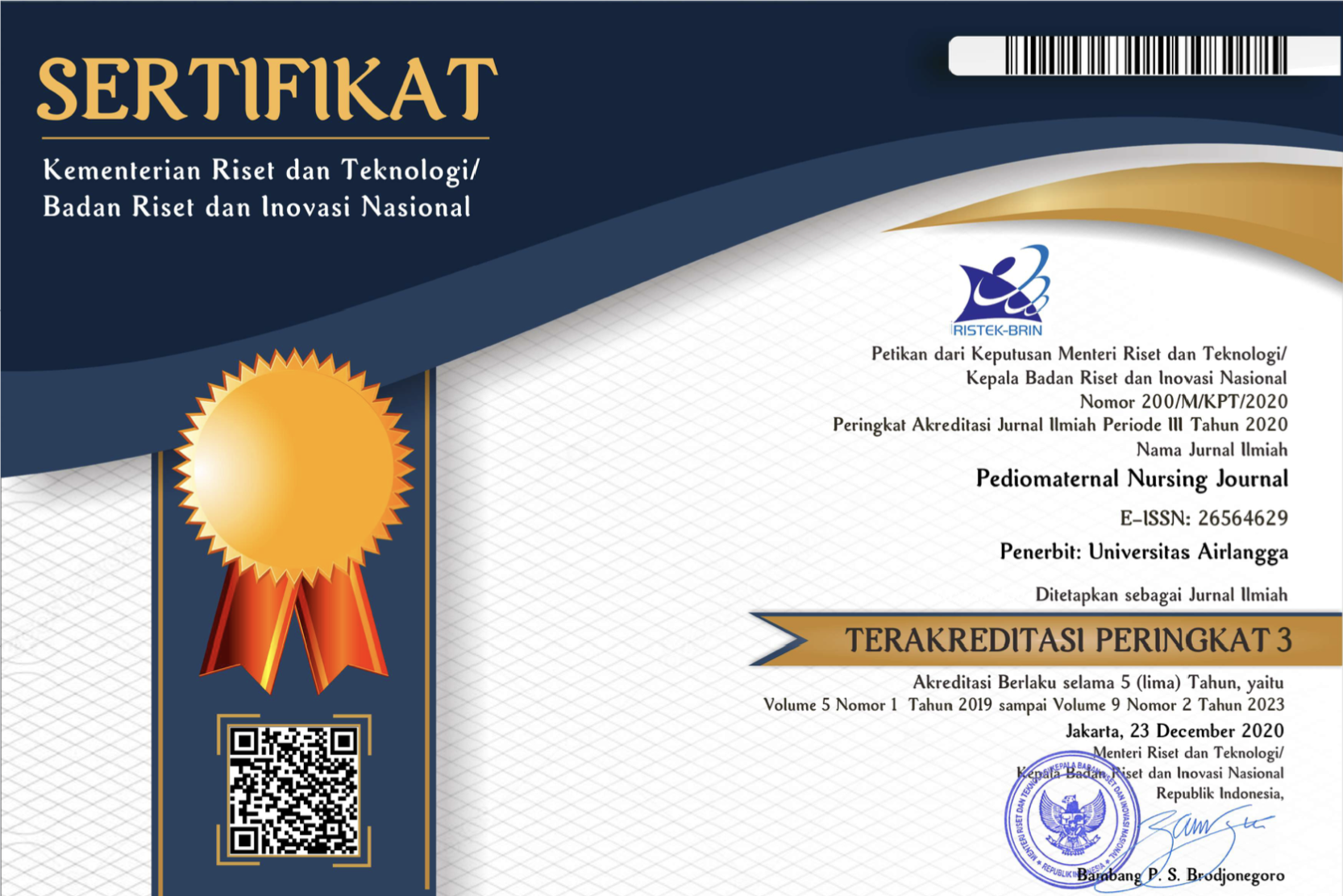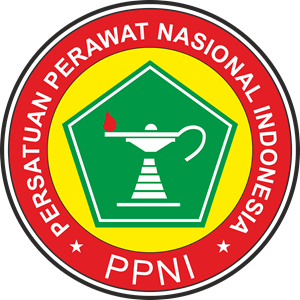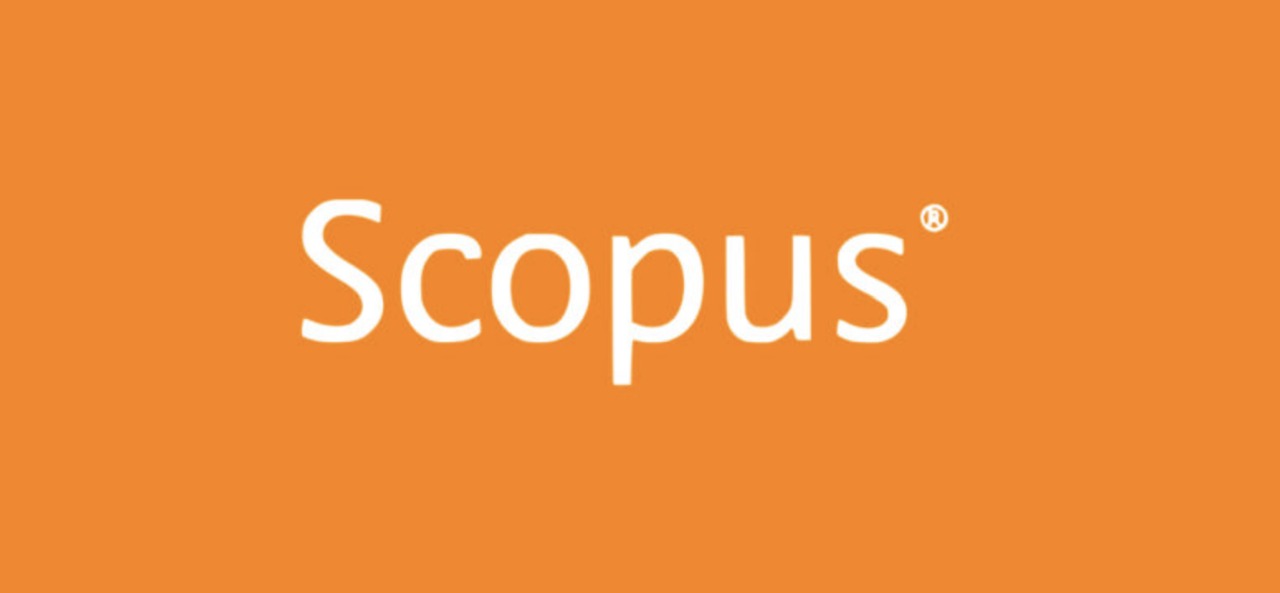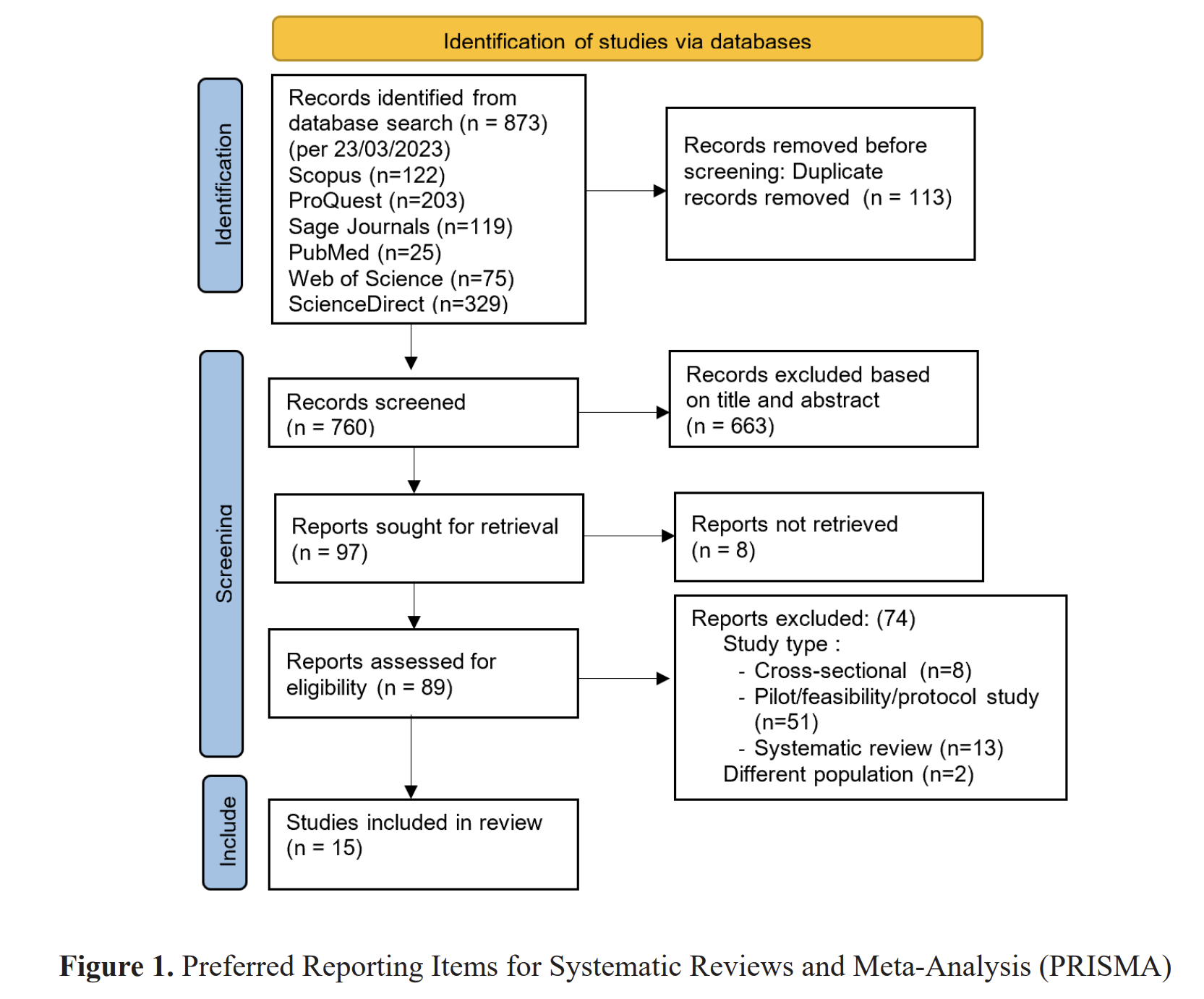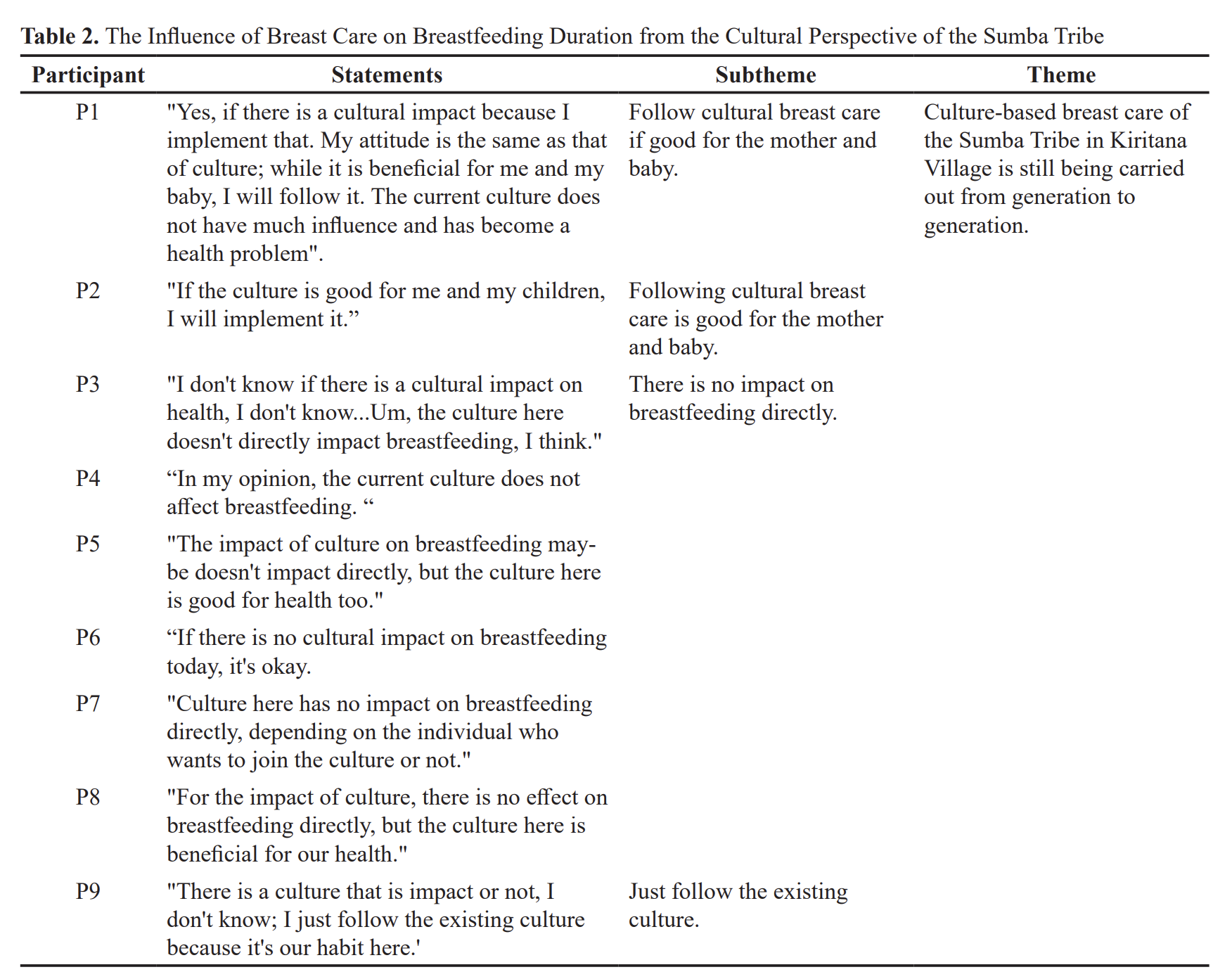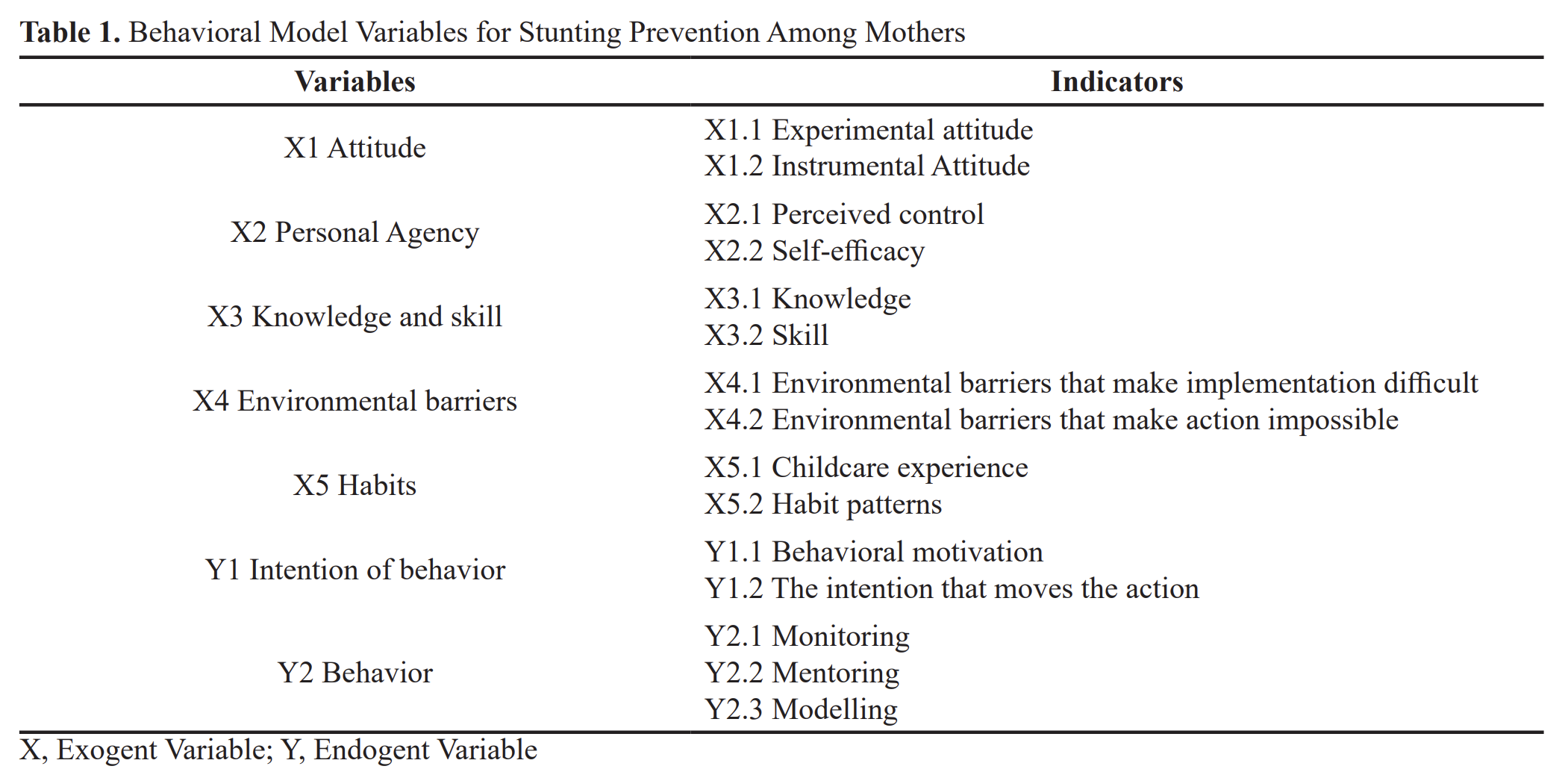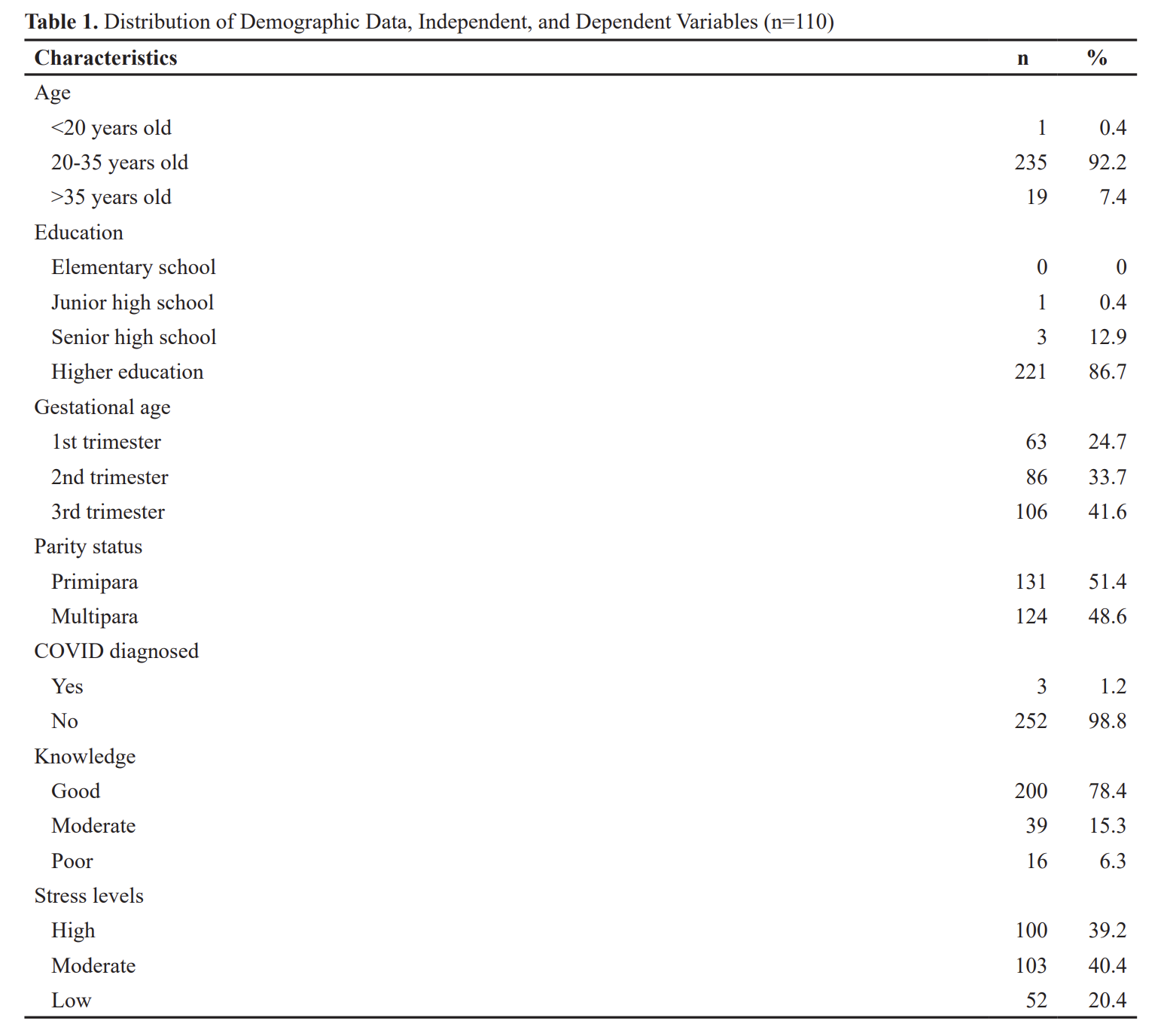Publication Ethics & Malpractice Statement
Publication Ethics & Malpractice Statement
The Pediomaternal Nursing Journal follows COPE and ICMJE guidelines for publication ethics and misconduct.
PMNJ implements COPE guidelines to maintain ethical standards and quality for publishers, editors, authors, and reviewers. Publication ethics are crucial for improving global research quality. Guidelines for editors, authors, and reviewers highlight the publisher's responsibility for timely publication while preserving content integrity.
Authors, Editors, and Reviewers' Responsibilities
For Authors
Reporting Standards: Authors are required to provide accurate and objective accounts of their original research, including detailed information and references. Fraudulent or inaccurate statements are considered unethical.
Data Access and Retention: Authors should submit raw data for editorial review and strive to make it publicly accessible. They should retain the data for a reasonable period after publication.
Originality and Plagiarism: Authors must ensure the originality of their work and appropriately cite the works of others.
Multiple, Redundant, or Concurrent Publication: Authors should avoid simultaneously submitting the same research to multiple journals, as it is unethical.
Acknowledgment of Sources: Proper acknowledgment of others' work, including citing influential publications, is crucial.
Authorship of the Paper: Authorship should include significant contributors, with other contributors acknowledged. All co-authors should approve the final version and agree to its publication.
Disclosure and Conflicts of Interest: Authors must disclose any financial or substantive conflicts of interest that could influence the results or interpretation of the manuscript, along with the sources of financial support.
Fundamental errors in published works: Authors are responsible for promptly notifying the journal editor or publisher and collaborating to correct significant errors in their published work.
Hazards and Human or Animal Subjects: The author can explain the ethical principles that are adhered to during the research process, including anonymity, confidentiality, fairness, autonomy, beneficence, non-maleficence, and veracity.
For Editors
Fair Play: Editors must evaluate manuscripts based on their intellectual content, regardless of authors' personal characteristics.
Confidentiality: Editors and staff must maintain the confidentiality of submitted manuscripts, sharing information only with authorized individuals.
Disclosure and Conflicts of Interest: Disclosure and Conflicts of Interest: Editors must obtain written consent before using unpublished materials for their own research.
Publication Decisions: The editorial board decides which articles to publish, considering their significance and validity, while adhering to policies and legal requirements.
Review of Manuscripts: Editors ensure originality and fairness in the peer review process by selecting qualified reviewers and providing clear explanations for authors.
For Reviewers
Contribution to Editorial Decisions: Peer review assists editors in making decisions and helps authors improve their papers.
Promptness: Reviewers should decline review requests if they are unqualified or unable to meet deadlines.
Standards of Objectivity: Reviews should be objective, providing supporting arguments without personal criticism.
Confidentiality: Reviewers must keep manuscripts confidential unless authorized by the editor.
Disclosure and Conflict of Interest: Reviewers should maintain confidentiality and avoid using privileged information for personal gain, recusing themselves from reviewing conflicted manuscripts.
Acknowledgment of Sources: Acknowledgement of Sources: Reviewers should identify relevant unpublished work and alert the editor to any substantial similarities with other published papers.
Authorship & Contributorship
Authorship
The International Committee of Medical Journal Editors (ICMJE) provides recommendations for authorship, including the following:
- Made substantial contributions to the conception, design, acquisition, analysis, or interpretation of data for the work.
- Drafted or critically revised the work for important intellectual content.
- Provided final approval of the version to be published.
- Agreed to take responsibility for all aspects of the work, ensuring appropriate investigation and resolution of questions regarding accuracy or integrity.
Authors must be accountable for their own contributions and acknowledge the specific contributions of co-authors.
Each article should have only one corresponding author, with additional contribution details included in the contributors or acknowledgment sections.
All authors in PMNJ must meet the four ICMJE authorship criteria, and only individuals over 18 years old are recognized as authors.
The criteria aim to credit deserving authors and uphold their responsibility for the work, rather than disqualifying colleagues who meet the criteria.
The corresponding author plays a primary role in communication with the journal and ensuring administrative requirements are fulfilled, although these responsibilities can be delegated.
In large multi-author groups, authorship should be established prior to starting the work, and all authors must meet the four criteria and accept public responsibility for the work.
PMNJ requires authors to ensure that all included authors meet the criteria and that no deserving individuals are excluded.
Disagreements among authors are resolved following the guidance of the Committee on Publication Ethics (COPE).
Contributorship
PMNJ includes a list of contributors at the end of the paper, acknowledging their roles in the work and enabling recognition of patients or public volunteers. Guarantors of the paper accept full responsibility for the work, study conduct, and publication decision.
Researchers determine the contribution of each person, fostering open discussion among participants.
Alteration to authorship or contributorship
Any changes to authors or contributors after submission require unanimous approval. The editor must be notified and may contact individuals to confirm their agreement.
Group authorship
In cases with a large number of authors, confirmation of ICMJE authorship criteria may be requested, potentially resulting in the formation of a named group in the article byline.
Process for identification of and dealing with allegations of research misconduct
PMNJ actively prevents research misconduct, including plagiarism and data manipulation, by adhering to COPE's guidelines.
Appeals and complaints
Peer review appeals and complaints from authors
COPE's guidelines are followed for handling appeals and complaints regarding editorial management and the peer-review process.
Editor decisions
Appeals require strong evidence or new data, particularly for articles relying on accurate scientific data.
Appeals for opinion-based articles have a lower likelihood of success, but they should still be evidence-based and fully referenced.
Reversing decisions is rare, and authors are encouraged to submit rejected manuscripts to other journals. Rejection often stems from the editor's assessment of priority and importance. Genuine appeals can be made following the provided instructions.
I want to appeal an editorial decision
To appeal a journal editor's decision, please submit an appeal letter to our online editorial office at secretariat_pmnj@fkp.unair.ac.id, addressing it to the editor and clearly stating the grounds for your appeal. Please:
- Explain your disagreement with the decision, specifically addressing the comments made by the editor and/or reviewers that resulted in the rejection.
- Include any new information or data that you believe should be taken into consideration by the journal.
- Provide evidence if you suspect that a reviewer made technical errors while assessing your manuscript.
- Include evidence if you suspect that a reviewer may have a conflict of interest.
Editors may involve associate editors or PMNJ in response to an appeal, with the authority to uphold the rejection, request revisions, or seek additional review.
Only one appeal per article will be considered, and the editors' decisions on appeals are final. The review and decision-making process for new submissions take priority over appeals.
I want to comment on the editorial management of a journal
Authors can email the PMNJ editorial office at secretariat_pmnj@fkp.unair.ac.id for comments on the journal's editorial management. Please note that PMNJ cannot consider appeals related to ongoing legal proceedings, and PMNJ reserves the right to decline, suspend, or terminate an appeal if legal proceedings arise on the same subject matter as the appeal.
Data Sharing Policy
Data Sharing
Sharing complete datasets has numerous benefits. It enables reuse, reduces waste, and fosters collaboration. Transparency enhances trust in research results, contributing to a more reliable evidence base and a healthier global community. We urge authors to include their research data as a supplementary file or deposit it in a data repository. Essential steps include citing and linking to the dataset in the article. If data sharing is not possible, authors should provide a statement explaining the reasons. Sharing data ensures recognition and accessibility for peers.
The policies on data sharing:
- We require that the research data supporting your article be openly available upon publication. If confidentiality or sensitivity concerns prevent openness, the data should be shared through a controlled access repository.
- We strongly urge you to make the research data promptly available in compliance with legal and ethical considerations.
- Clinical trial data must be accessible upon reasonable request.
- A data sharing plan is mandatory for clinical trial registration, and any changes should be indicated in the Data Availability Statement and registry record, following ICMJE recommendations.
- We highly encourage the prompt availability of research data in accordance with legal and ethical requirements..
Data Availability Statement
PMNJ requires a Data Availability Statement for all submitted research articles. Authors must choose from the provided standardized options and can include additional information as needed. Multiple statements can be selected for data under different conditions. The final published article will include these statements under the 'Data Availability Statement' header in the footnotes section. Authors can refer to the ICMJE recommendations for further guidance on composing a comprehensive statement.
These statements will be published under the header ‘Data Availability Statement' within the footnotes section of the final published article.
- Data are available in a public, open access repository. Please provide the repository name, persistent URL, and any reuse conditions (e.g., license, embargo). All publicly available data used in the article, whether generated by the authors or other researchers, should be cited in the text and reference list.
- Data are available upon reasonable request. Please specify the data type (e.g., deidentified participant data), the source of availability, contact details (e.g., generic lab email or individual's ORCID identifier with permission), and the reuse conditions. Are additional materials available (e.g., protocols, statistical analysis plans)?
- Data may be obtained from a third party and are not publicly available. Please indicate the data type (e.g., deidentified participant data), the source of availability, contact details (e.g., generic lab email or individual's ORCID identifier with permission), and the reuse conditions. Are additional materials available (e.g., protocols, statistical analysis plans)?
- All data relevant to the study are included in the article or uploaded as supplementary information. Please ensure that patient-identifiable data is not included. Indicate "Not applicable" in the free text box
- Data sharing is not applicable as no datasets were generated and/or analyzed for this study. Please state ‘Not applicable in the free text box
- No data are available. Please state ‘Not applicable in the free text box
Data availability statements commonly take one of the following forms:
- The study's datasets are accessible in the [NAME] repository or can be obtained from the corresponding author upon request.
- All study data are included in the published article and supplementary files.
- Due to [REASON(S) WHY DATA ARE NOT PUBLIC], the datasets are not publicly available. However, they can be obtained from the corresponding author upon request.
- No datasets were generated or analyzed in this study, so data sharing is not applicable.
- The data supporting the study's findings are available from [THIRD PARTY NAME], but access is subject to licensing restrictions. The authors can provide the data upon request and with permission from
- [THIRD PARTY NAME].In the absence of specific instructions from a journal, editor authors can use or adapt the statement(s) above. Several statements may need to be combined depending on the nature of the research.
Ethical Oversight
Authors must identify and address any hazards associated with chemicals, humans, animals, procedures, or equipment used in their research to meet ethical standards. Legal and ethical clearance should be provided if required.
For research involving confidential data and business/marketing practices, authors should clarify how the data or information will be securely protected.
Intellectual Property (Copyright Policy)
Journal policies on intellectual property and copyright are specified.
Post-Publication Discussions and Corrections
PMNJ invites readers to contribute discussions and corrections on published articles by contacting the Editor-in-Chief via email. Accepted contributions will be published as Letters to the Editor in the next issue, and authors are encouraged to respond to these discussions and corrections. The Editor-in-Chief may publish the authors' responses as Replies to Letters to the Editor.

